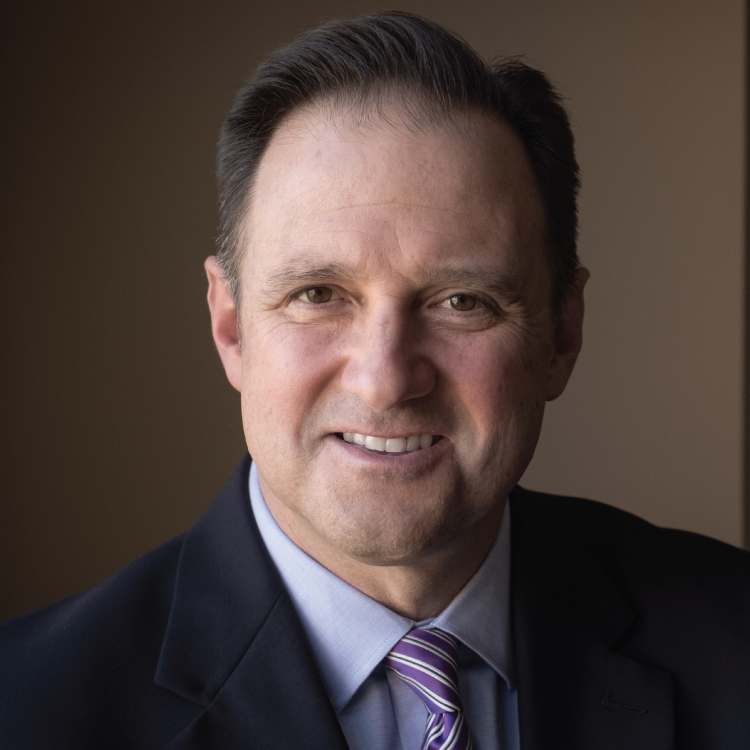As our clients know, wealth management is a multi-faceted discipline, and we regularly engage with clients to help navigate the complex interactions between investment, tax, charitable, and estate planning matters. As we accompany our clients on their life’s journey, however, we increasingly see the need to focus on the psychological and emotional issues tied to money, and how to develop a healthy relationship with money. A big component of a client’s relationship with money is how to communicate about money; whether it’s to their spouse/partner, children, or even grandchildren. A healthy relationship with money allows you to “own your money” instead of having your “money own you.” We strive to help our clients view money as a source of strength, and not a source of stress keeping them awake at night.
In helping to guide clients down this path, we believe the first priority is to determine what money truly means to them. Financial security and one’s money, often regardless of the amount, can offer many benefits: the ability to purchase material items, give to loved ones or charity, travel, purchase services that save time or enhance one’s lifestyle, provide flexibility and peace of mind, or provide security to future generations. In working with countless clients over the decades, we’ve discovered that very often, one’s views about money in most cases ties back to childhood. Was money scarce or plentiful? Was money a source of stress or comfort for one’s parents? Our Portfolio Managers are skilled at engaging in dialogue to help clients dig deep to understand their financial DNA with the goal to ensure our counsel and management of their treasured assets is aligned with their views and expectations.
With a better understanding of what money means to you, it’s time to then determine how to structure one’s plans for the benefit of their loved ones and charity. This involves dialogue and coordination with your advisors and very often family members to ensure assets are properly invested and distributed in accordance with one’s wishes.
While there are many different approaches to communicating about money, any approach is likely to be better than waiting until one has diminished mental capacity or even worse, after death, to share details with loved ones. The prototypical “reading of the Last Will and Testament” to family at death, replete with suspense, is not the optimal way to communicate about money. Realizing this, we encourage clients to share as much information as they are comfortable during their lives. In many cases, we serve multiple generations of a family, which provides us a broader perspective to help clients consider how assets and plans can affect your children and even grandchildren’s planning, resulting in broader and better outcomes for the entire family.
Our Portfolio Managers can help coordinate family meetings to bring multiple generations together, along with other family advisors such as attorneys and accountants. Such meetings are typically very fulfilling for a client since they enjoy a forum where they can bring family together to share not only financial and estate planning details, but also stories about how they built their assets, the lessons they learned along the way, and what guidance they have for future generations. Once a client is satisfied that they have accumulated enough assets for their lifetime needs, it is tremendously rewarding to see their assets making a current impact on loved ones and often a favorite charity; something that just does not happen if they don’t communicate during life or let their estate planning documents “do the talking” upon their death.
Working with our clients to understand their relationship with money and how to communicate their wishes with loved ones is one of the most fulfilling aspects of our role, as our comprehensive approach and decades of experience can help clients ensure they are proud of their legacy and lasting impact, well beyond their years.

